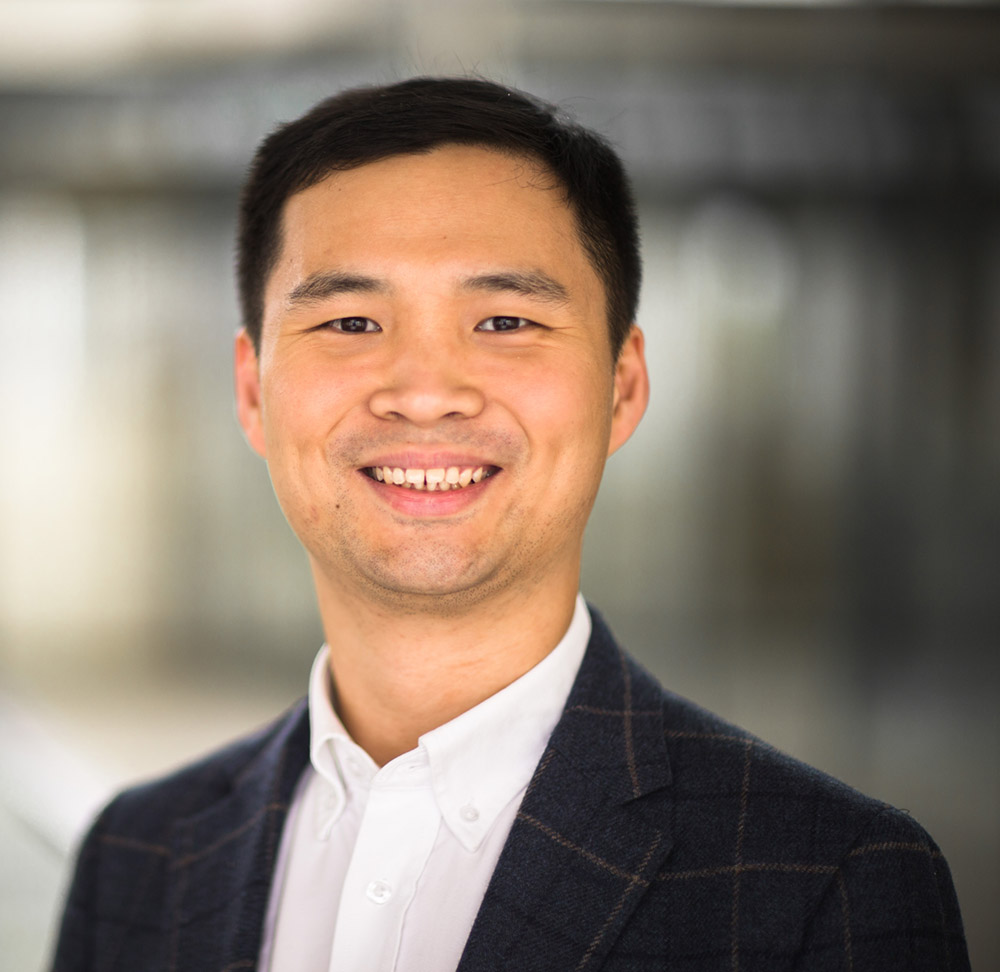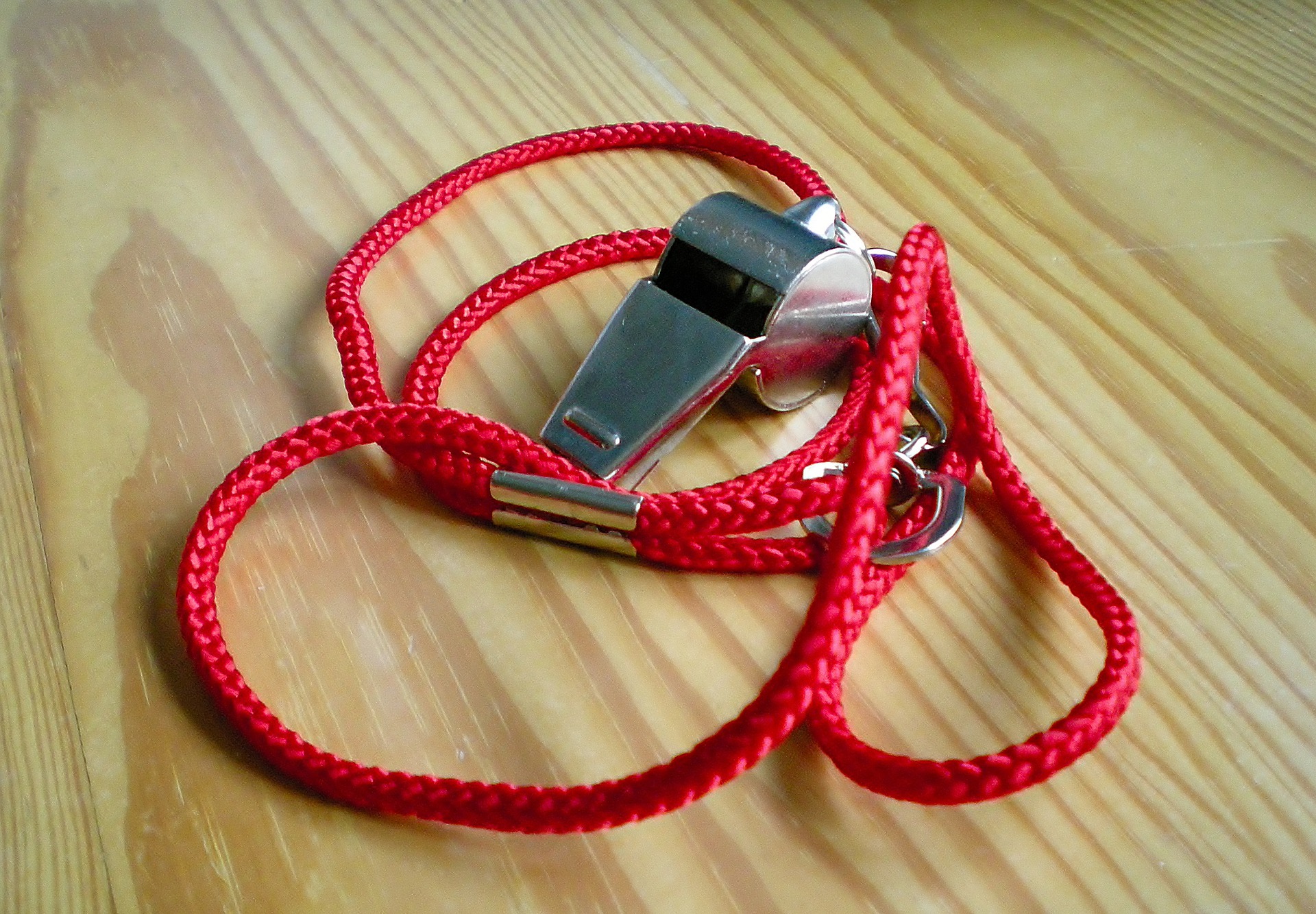Five Dutch Research Council grants for talented UM researchers
The Dutch Research Council (NWO) today awarded a prestigious Vidi grant to three talented researchers from Maastricht University (UM). The 800,000-euro grant will enable them to develop their own innovative line of research and set up their own research group. Two researchers will also receive a UM appointment funded by the ‘Hestia – Impulse for Refugees in Science’ pilot, which was launched in 2018.
Vidi grants
The three UM laureates and their research:

Dr Jessica Steinlechner, FSE: Silent mirrors to explore our universe
Gravitational wave detectors are similar to telescopes, but are used to view dark objects such as black holes rather than stars, for example. Thermal vibrations from the detector mirrors obscure the signals scientists are looking for. Jessica Steinlechner will develop new coatings to reduce these vibrations, increasing the opportunity for exciting new discoveries.
Please also read this interview with Jessica to find out more about her research.

Dr Peiran Jiao, SBE: Your memory can be costly
When making financial decisions, do you think about your investment portfolio, recent policy changes or the financial news? Although we often fall back on our memory, it isn’t a reliable source of information. This project investigates how our self-image distorts memory and thus leads to poorer financial decisions.

Prof. Hilde Verbeek, AWO: Vitamin G - green care farms as an environment to improve the well-being of nursing home residents
If the environment shapes our behaviour, how does it affect nursing home residents with dementia? Care farms offer a radically different environment and appear to change the daily lives of their residents. Hilde Verbeek studies the functioning and well-being of residents of both care farms and regular nursing homes to identify elements of their environment which have a positive effect.
Hestia funding

Dr Lilian Tsourdi (project leader) and Nasrat Sayed MSc, LAW: External Financial Governance – Migration Management and Solidarity with Non-EU Countries through EU Funding
Although EU grants are increasingly being used to pursue migration management objectives in non-EU countries, global shared responsibility remains problematic in the protection of refugees. The current project analyses the reasons through a combination of legal and empirical research, promotes knowledge about governance and global shared responsibility, and offers proposals for legislative reform.

Dr Vigjilenca Abazi (Project Leader) and Arif Aksu MSc, LAW: Whistleblowing as Private Law Enforcement – Strengthening Public Health, Privacy and Anticorruption
Whistleblowing offers a much-needed instrument to ensure accountability. To strengthen the position of the rule of law in society, we can no longer rely solely on existing institutional control mechanisms. This project promotes knowledge on how whistleblowing can be used to advance law enforcement in the areas of public health, privacy protection and anti-corruption.
About Vidi
Vidi grants enable researchers to conduct research for up to five years. The grants are awarded annually by the Dutch Research Council (NWO). In this Vidi round, a total of 402 researchers submitted an eligible project for funding, 78 of which have been honoured. Vidi, together with Veni and Vici, is part of the NWO Talent Programme (formerly the Innovational Research Incentives Scheme). Vidi is aimed at experienced researchers who have already conducted successful research for a number of years since obtaining their PhD. Within the Talent Programme, researchers are free to submit their own subject for funding. NWO selects researchers based on their quality, the innovative nature of their research, the expected scientific impact of the research proposal, and the possibilities for knowledge utilisation.
About Hestia
Through the Hestia programme, the project leaders or main applicants of a research project already funded by NWO or ZonMw can apply for funding to enable a refugee to participate in their project. The researcher must have an academic background (a master’s degree PhD) and be appointed full-time for a maximum of 18 months or part-time for 24 months. The programme was developed in consultation with De Jonge Akademie, the Royal Netherlands Academy of Arts and Sciences (KNAW) and the UAF foundation for refugee students. A total of 47 eligible research proposals were submitted, ten of which have been honoured. Of the ten refugee scientists, eight are men and two are women. Of the project leaders/main applicants awarded funding, two are men and eight are women. A total budget of just over one million euros was available for this round.
Also read
-
The Dutch Research Council (NWO) today awarded a Hestia grant to two researchers, who will receive a UM appointment funded by the ‘Hestia – Impulse for Refugees in Science’ pilot, which was launched in 2018.


